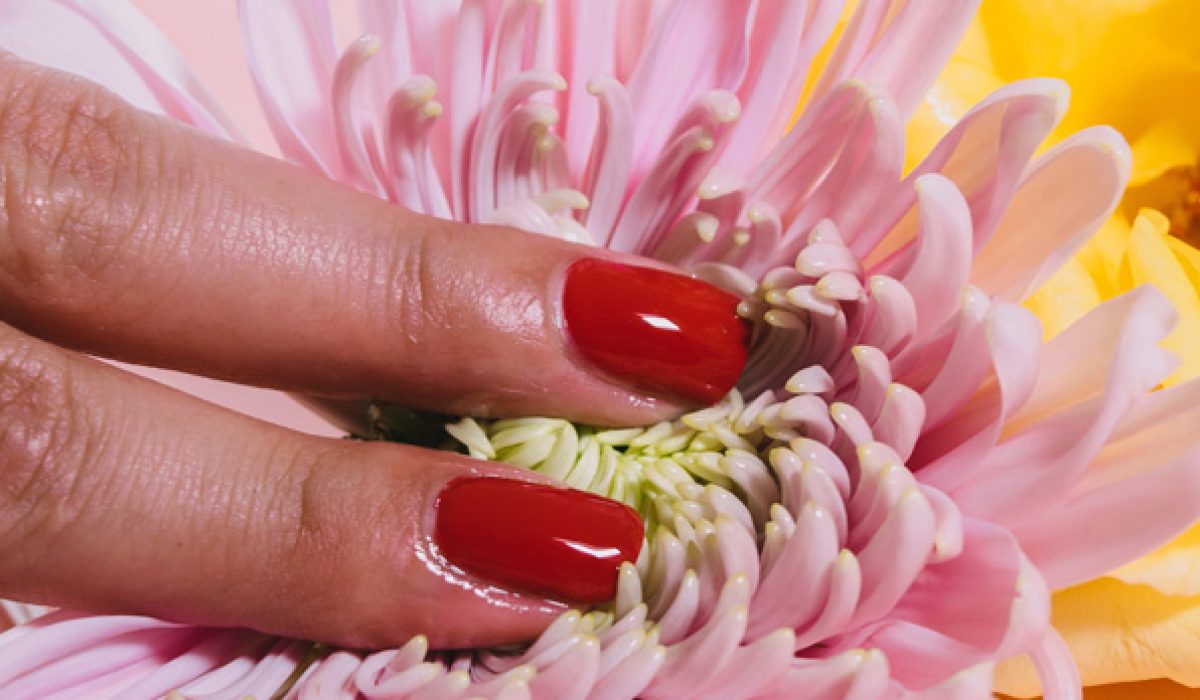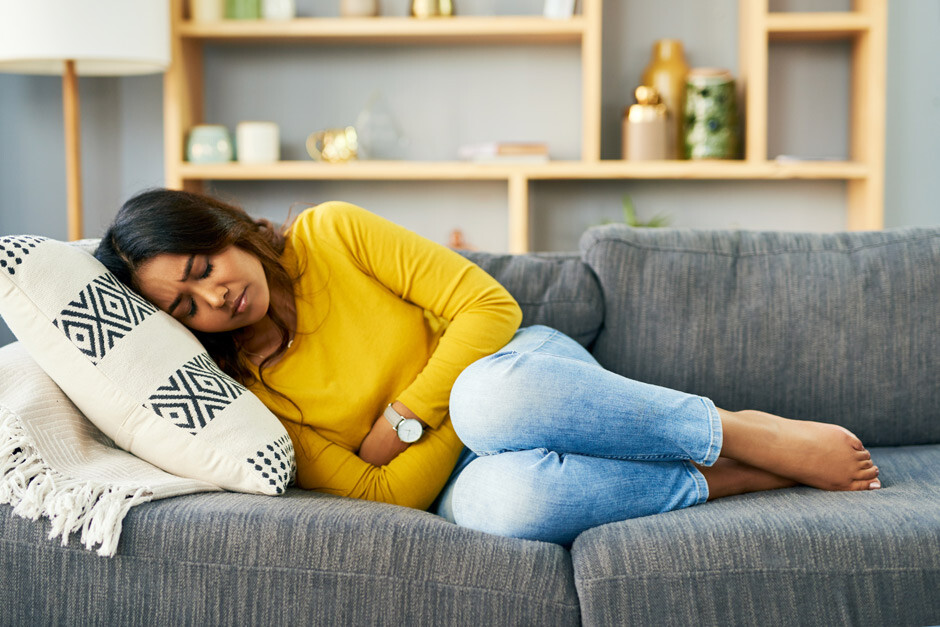From itchiness to strange odours, there’s a lot that your vagina can tell you about its health. This incredible organ is extremely complex, which is why it’s important to monitor your vaginal health and seek the help of an expert gynaecologist when you see or feel anything that you’re worried about. These consultants are dedicated to making your vagina and reproductive organs happier and healthier – plus, they’ve seen everything, so you shouldn’t ever have to feel embarrassed at your gynaecological appointment.
In most cases, you can maintain your vagina’s healthiness and happiness at home with simple habits and lifestyle choices. However, there are common vaginal conditions that can occur even if you’re pampering your privates on a regular basis.
Vaginas… What Can Go Wrong?
A simple imbalance of the organisms in the vagina can lead to infections and discomfort. These can manifest in common conditions such as a yeast infection, which will affect up to 75% of women at some point in their lives. Causes include:
- Taking hormonal birth control
- Other hormonal changes such as pregnancy, breastfeeding and undergoing hormone replacement therapy (HRT)
- Douches and vaginal sprays
- Wearing tight clothing that doesn’t allow your vagina to breathe
- Diabetes
- A weakened immune system
Bacterial vaginosis (BV) is another common condition caused by a bacterial imbalance. It is one of the most common vaginal infections in women, and it’s associated with overgrowth of microorganisms, which outnumber the healthy microorganisms, including lactobacillus (a friendly bacteria that lives in our urinary, genital and digestive systems). You may not know that you have BV, as around 50% of women with this issue do not have symptoms.
Sometimes there is nothing you can do to stop these vaginal health issues from happening, but there are simple treatments available from your gynaecologist or via over-the-counter medication. However, there’s absolutely no harm in taking steps to improve your vaginal health to lower your chances of infections and imbalances. Here are our tips, straight from the gynaecologist’s mouth!
1. Let Your Vagina Do It’s Thing
There’s a worrying stigma that vaginas are unclean and need to smell like a drawer full of potpourri. But, in fact, the vagina doesn’t need cleaning!
There is a lot of confusion about the anatomy of the vagina, which has perhaps fuelled confusion about vaginal cleaning. Many people think that the vagina refers to your entire genitals, when in fact, it refers only to the inner genital tract leading to the cervix.
The vulva, on the other hand, is the outer part of the vagina, and this is the part that can be cleaned – but you should do so with warm water and, at most, an unscented or pH balanced soap for dedicated feminine hygiene purposes. No form of detergent should be inserted into the vagina, as this alters the pH balance (which is very delicate and is easily disrupted) and can make you more susceptible to infection.
The vagina is awesome – let it do it’s thing!
2. Help Your Vagina Out During Sex
Lube is a fantastic tool, whether you’re on your own or in a relationship. Most people who use lube do so because it makes sex even better. However, for some women, it can also help ease the effects of vaginal dryness.
Vaginal dryness can occur for many reasons, including genetics, but also due to taking medications like antidepressants and hormonal birth control. Usually, the vagina produces its own natural lubricant through glands at the entrance of the vagina; however, if this isn’t possible, a lubricating product can be used to help make sex more comfortable.
Dr Albert Aka, Consultant Gynaecologists at The Gynae Centre explains: “When choosing a lube, you should avoid those that include glycerin. Glycerin is a colourless and odourless liquid which is popular in water-based lubes, but it is a byproduct of sugar which is known to be a food source for microbes. As we mentioned earlier, an increase in certain microbes can lead to yeast infections and BV, so glycerin is best avoided. Flavoured and perfumed products may also be irritants.”
3. Protect Yourself
“You should protect yourself and your vagina against STIs by using condoms and getting tested regularly after having sex with a new partner. That being said, watch out for condoms that include spermicides. Spermicides are substances that provide extra protection against pregnancy, but can also cause inflammation and irritation in the vagina. In particular, Nonoxynol-9, an ingredient in spermicide, is known to irritate the sensitive tissue inside the vagina.” explains Dr Aka.
Risk of yeast infection is actually tripled with the use of spermicides, as they can kill off the good bacteria in your vagina.
4. Be Aware Of The Effects Of Antibiotics
If you need antibiotics, be aware that they may increase your risk of vaginal infections. This is because antibiotics work by killing bacteria or stopping its growth. This is great for treating illnesses, but bad for the good bacteria in the vagina that are also affected. This can happen even when you’re taking antibiotics to treat another vaginal infection.
Don’t be afraid to see a gynaecologist if you do get an infection while taking antibiotics. They are common and treatable, and you’ll be much more comfortable if you do seek help rather than hoping it’ll go away on its own (which it rarely does).
5. Encourage Friendly Bacteria
Some experts suggest that taking probiotics can help you avoid bacterial imbalance in the vagina, but without hard evidence, the jury’s still out on this one. It has been suggested that ingesting supplements or foods containing the bacteria lactobacillus could help balance the microflora and acidity in the vagina. Foods that contain probiotics include yoghurt, kefir, kimchi, pickles, and kombucha. Although eating these foods in moderation is unlikely to cause harm, you should always consult a doctor before taking any supplement or medicine.
6. The Gynaecologist Is Your Friend
Find one you like and who makes you feel comfortable and make use of them. From sexual health testing and contraceptives to abortions and preganancy scans, they are the go-to for anything to do with your vagina or pelvic region. An annual exam is really important for discussing any issues you may have, and to ensure you remain in tip top health. Our well woman check is perfect for keeping on top of your female health.
Treatment For Vaginal Infections
Currently, the only treatment for vaginal infections due to bacterial imbalances is an antibiotic or antifungal medication. These are highly effective, and you will usually only need a single round of medication.
If there are any issues that concern you, you can arrange a telephone or video consultation with one of our consultants from the comfort and privacy of your own home. Where a clinic visit is not required, treatments will be sent to you in the post in discreet packaging.
Call The Gynae Centre today for specialist advice on vaginal infections, on 020 7580 8090. Alternatively, book your consultation online.






